Dr Prem Ratan Degawat
A leading structural heart disease specialist in India, holds extensive experience in TAVI/TAVR, TMVR, MitraClip, Tri-Clip, CAVI, Complex Coronary Specialist and more. He conducted groundbreaking research on safe and durable TAVI procedures in Europe, with wide-ranging expertise in various interventions.
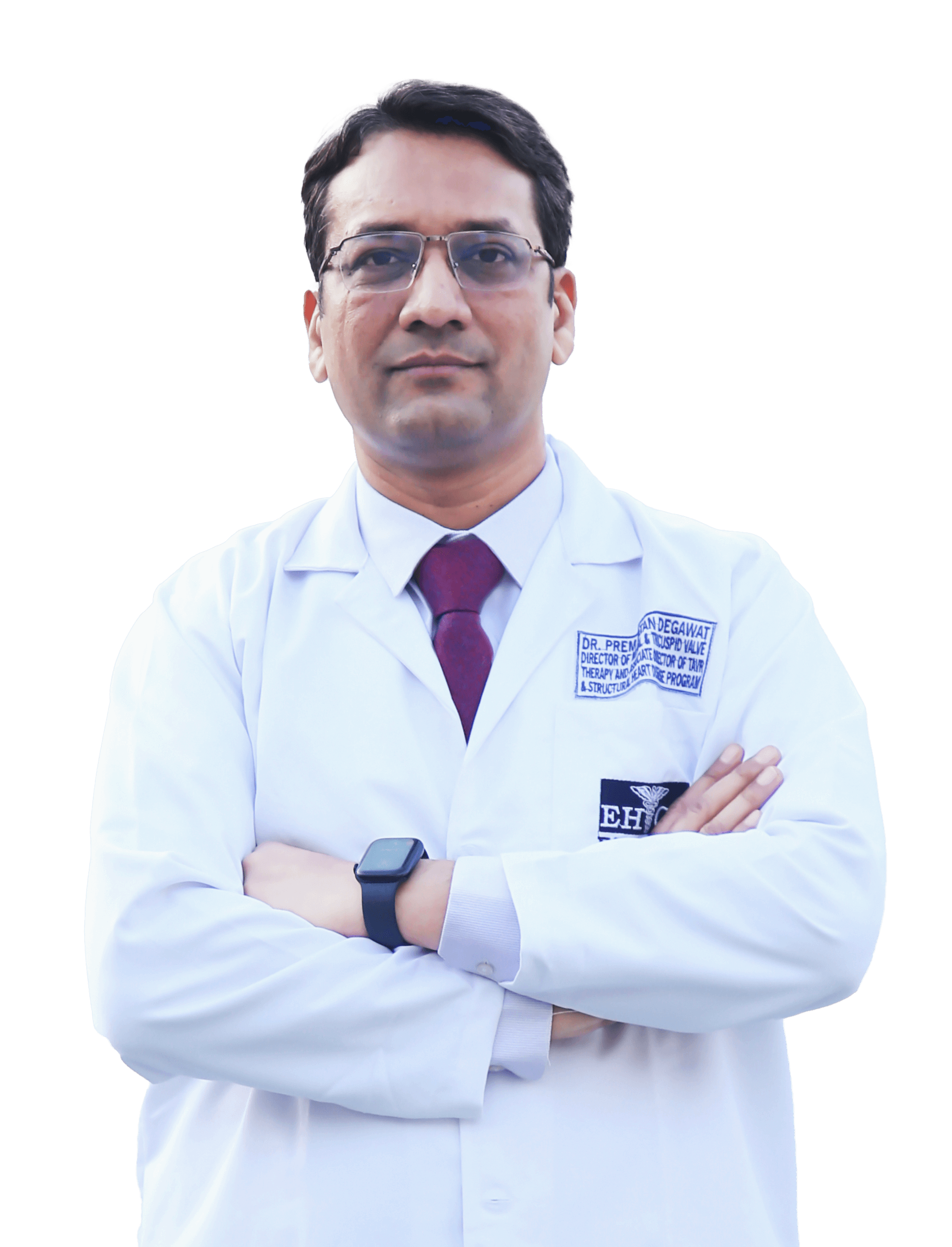
Associate Director TAVI and Structural Heart Disease


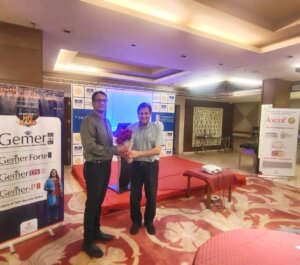
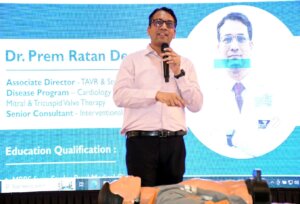
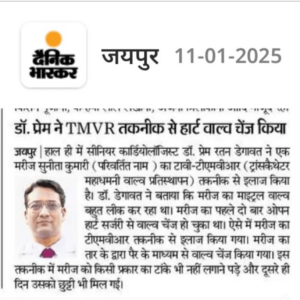
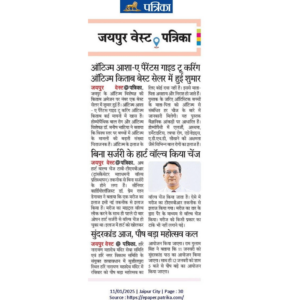
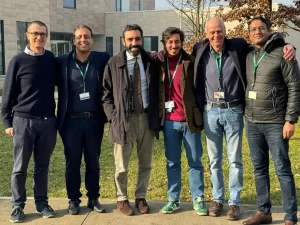
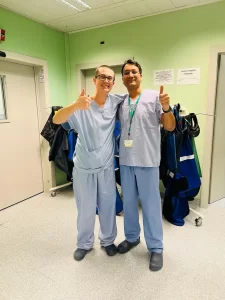
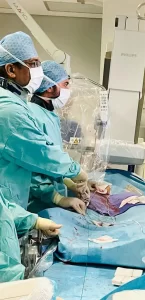
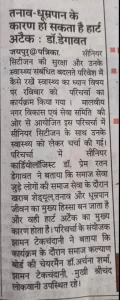
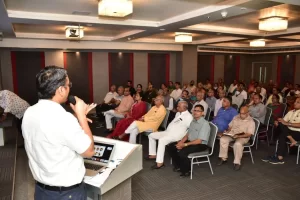
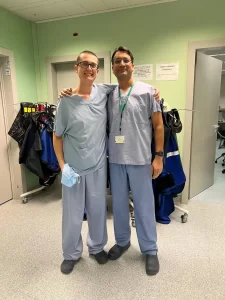
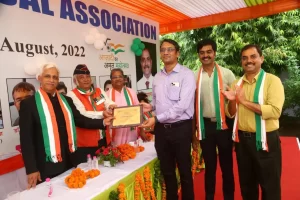
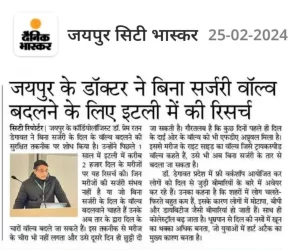

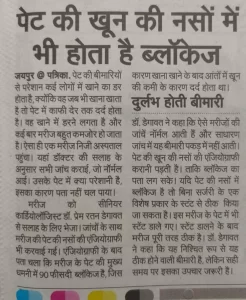
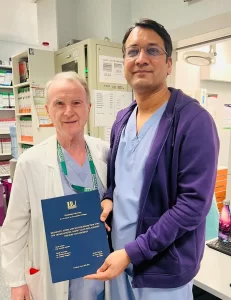
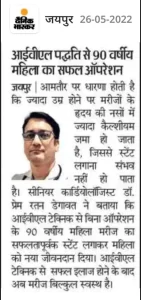
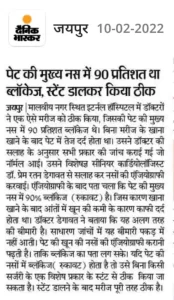
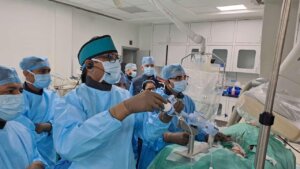
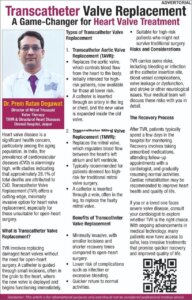
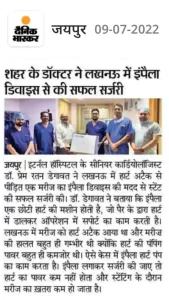
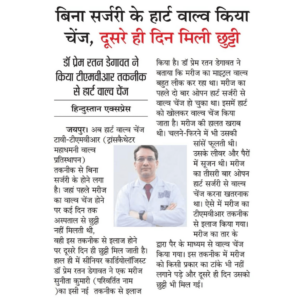
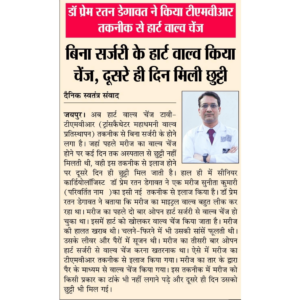
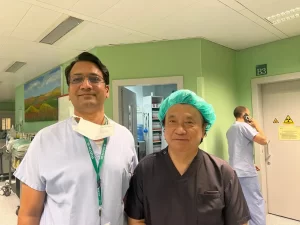
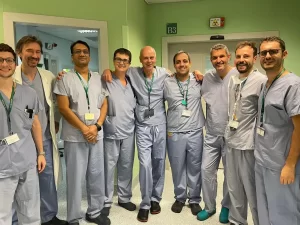
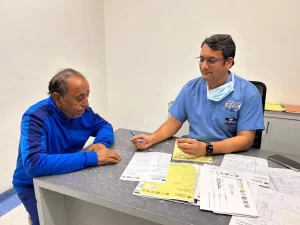
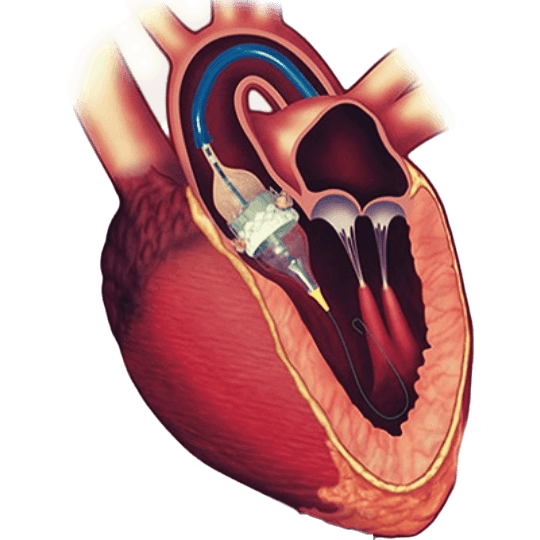
About TAVI
What is TAVI?
TAVI stands for Transcatheter Aortic Valve Implantation. It is a minimally invasive surgical procedure used to treat aortic valve stenosis, a condition where the aortic valve becomes narrowed, restricting blood flow. Instead of traditional open-heart surgery, TAVI involves inserting a catheter through blood vessels, often from the leg, and guiding a replacement valve into place within the diseased aortic valve.
This approach is suitable for individuals who may be at higher risk for complications with conventional surgery. TAVI has become a valuable alternative for patients seeking less invasive treatment for aortic valve issues.
aortic valve stenosis
Here are six symptoms associated with Aortic Valve Stenosis*
01.
Chest Pain or Discomfort
Individuals with aortic valve stenosis may experience chest pain or discomfort, especially during physical activity.
02.
Shortness of Breath
As the aortic valve narrows, it can restrict blood flow from the heart to the rest of the body, leading to shortness of breath, particularly during exertion.
03.
Fatigue
Reduced blood flow can cause fatigue and a general feeling of weakness or tiredness.
04.
Dizziness or Fainting
In severe cases, aortic valve stenosis can result in reduced blood supply to the brain, leading to dizziness or fainting.
05.
Heart Palpitations
Irregular heartbeats or palpitations may occur due to the heart’s increased effort to pump blood through the narrowed valve.
06.
Chest Tightness or Pressure
Some individuals may experience a sensation of chest tightness or pressure, especially during physical activity.
*It's important to note that these symptoms may vary among individuals, and not everyone with aortic valve stenosis will experience the same signs. If you suspect any heart-related issues, it's crucial to consult with a healthcare professional for proper evaluation and diagnosis.
aortic valve stenosis
Here are six symptoms associated with Aortic Valve Stenosis*
01.
Chest Pain or Discomfort
Individuals with aortic valve stenosis may experience chest pain or discomfort, especially during physical activity.
02.
Shortness of Breath
As the aortic valve narrows, it can restrict blood flow from the heart to the rest of the body, leading to shortness of breath, particularly during exertion.
03.
Fatigue
Reduced blood flow can cause fatigue and a general feeling of weakness or tiredness.
04.
Dizziness or Fainting
In severe cases, aortic valve stenosis can result in reduced blood supply to the brain, leading to dizziness or fainting.
05.
Heart Palpitations
Irregular heartbeats or palpitations may occur due to the heart’s increased effort to pump blood through the narrowed valve.
06.
Chest Tightness or Pressure
Some individuals may experience a sensation of chest tightness or pressure, especially during physical activity.
*It's important to note that these symptoms may vary among individuals, and not everyone with aortic valve stenosis will experience the same signs. If you suspect any heart-related issues, it's crucial to consult with a healthcare professional for proper evaluation and diagnosis.
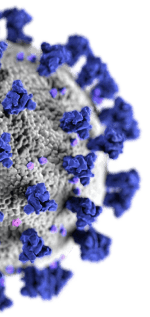
Animal Contact
Personal Contact
Air Transmission
Contaminate Object
Covid-19 Contagion
How does COVID-19 Spread?
Nec habitasse sociis urna urna dignissim et ac parturient sed mi ultricies porttitor ligula eu elementum arcu leo, cum tellus suspendisse dignissim habitant pellentesque.
- Eu nunc diam sit sed lectus lectus vehicula ut adipiscing quis hendrerit quis arcu gravida
- Non ut vel ornare sit turpis venenatis vitae in lacus, vel in molestie vestibulum cursus dapibus
In case of Emergency
Take steps to protect yourself
Remember, this is general information, and individual circumstances may vary. Always consult with a healthcare professional for advice tailored to your specific situation. If you are experiencing a medical emergency, please seek immediate assistance.
Call Emergency Services
Dial the emergency number in India (such as 108 or 112) to request immediate medical assistance. Clearly communicate the emergency and your location.
Inform Family or Friends
If possible, inform a family member or friend about the situation, providing details on your symptoms and actions taken. They may be able to offer support and communicate with medical professionals.
Stay Calm and Rest
While waiting for medical help, try to remain calm and find a comfortable position. Avoid unnecessary movement and activities that could worsen symptoms.
Share Medical Information
When emergency responders arrive, communicate your suspicion or diagnosis of aortic valve stenosis. Provide information about your medical history, any prescribed medications, and any previous treatments or interventions.